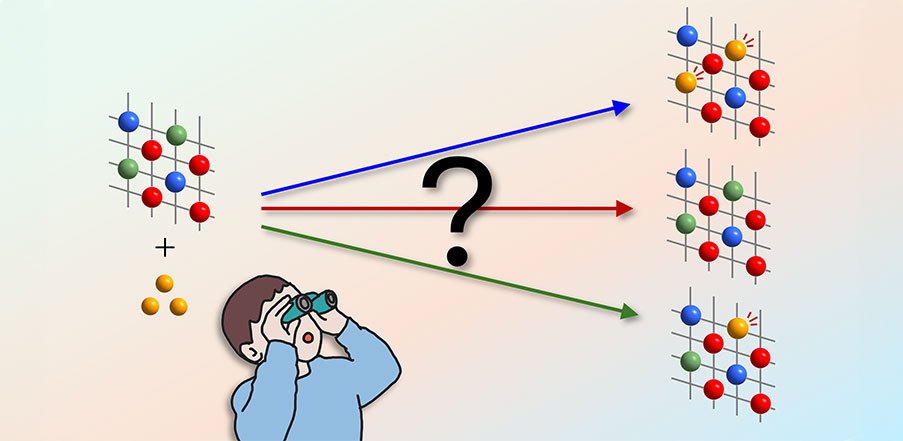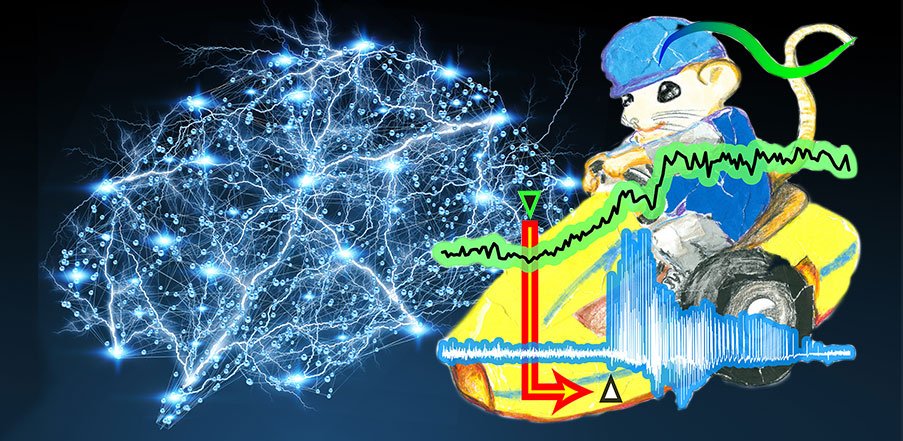A new study suggests a brief telephone-delivered behavioural treatment can improve the mental health of the elderly who have been isolating during the pandemic.
Forrest Research Fellow Dr Julie Ji, from The University of Western Australia’s School of Psychological Science, was a researcher on the Swedish-based study which focused on providing easy and accessible psychological treatments for depressive symptoms in people over 65 years of age who were living in physical isolation.
Dr Ji said older adults in Sweden lived under locked-down conditions last year, and while it was to shield this population from COVID-19, it also put vulnerable individuals at a higher risk of deteriorating mental health during and after the pandemic. Therefore, there was a great need for such people to be able to access treatment despite being in lockdown.
“We know that psychological treatments delivered via the internet can be as efficacious as face-to-face therapy, but only three-to-four per cent of the individuals 65 years and above in Sweden use digital applications instead of face-to-face appointments for health care,” Dr Ji said.
“So in this study we tested whether we could help older adults living in isolation by having trainee clinical therapists deliver brief evidence-based interventions over the telephone.”
Two groups took part in the trial. A treatment group received behavioural activation treatment, focused on promoting greater engagement in rewarding everyday activities. This intervention was enhanced by the addition of motivational mental imagery, involving participants vividly imagining what engaging in their scheduled activities would look, and feel like, with a focus on the positive emotions they would feel during and after completing the activity.
Participants in a control group received the same frequency of contact with researchers to assess symptoms over time, but did not receive any active treatment.
After four weeks, depressive symptoms decreased more in participants from the treatment group compared to the control group. At the end of the trial, only two out of 16 participants in the treatment condition met diagnostic criteria for depression compared to nine out of 13 in the control condition.
“We know that behavioural activation can work well when people stick to their plan of regularly engaging in daily rewarding activities, but often it is difficult for depressed individuals to muster the motivation and energy to engage in activities, even when they know it’s good for them and they want to feel better,” Dr Ji said.
“Therefore, we combined mental imagery with behavioural activation, as our work has shown that imagining doing activities we want to do has been shown to boost our positive emotion and motivation, thereby helping individuals to stick with their planned activities.”
Dr Ji said the result suggested that behavioural activation with mental imagery delivered over the telephone was feasible, acceptable and potentially effective for the treatment of depressive symptoms in older individuals living in isolation but a replication in larger samples was needed.








